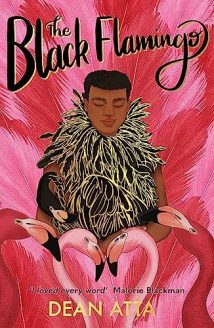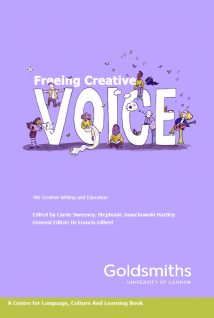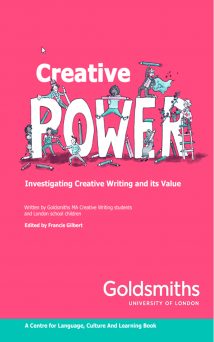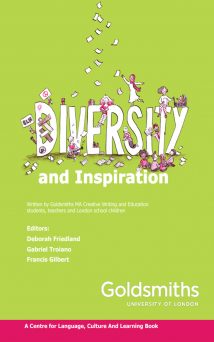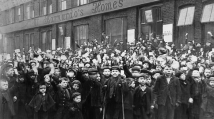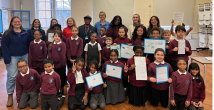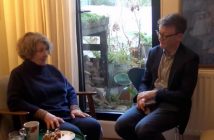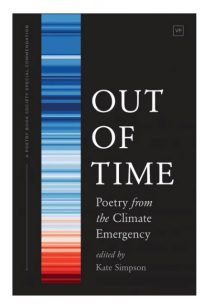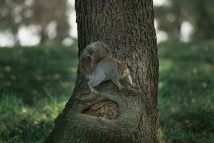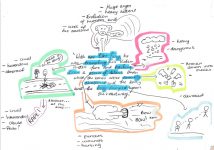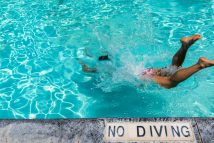for teachers
Here I post a variety of material for teachers. You can reorder the table to aid your search by clicking any of the headings.
-
Using publishing tools to create thriving creative writing communities and cultures
Publishing isn’t just about books—it’s about shaping identity, community, and activism. This blog explores how the MA Creative Writing and Education at Goldsmiths uses publishing as a pedagogical tool, from internal dialogues between the Writer, Publisher, and Healer within us, to global projects like GlobalGRACE and Creative Voices, which use storytelling, theatre, and art to amplify marginalised voices. Discover how publishing extends beyond the page to empower writers, challenge dominant narratives, and foster creative communities. Read more about how publishing can be a process of transformation, resistance, and education.
-
Five key lessons about S.E. Hinton’s ‘The Outsiders’ and publishing
This article explores how and why outsiders, in the form of writers, readers and texts, came to shape the publishing industry, particularly Young Adult novels.
-
Entering Viola’s Room: four key lessons I’ve learnt from Punchdrunk’s Immersive Theatre
An article which explores 4 key things I’ve learnt from experiencing Punchdrunk’s Immersive Theatre events.
-
Two reasons why school trips go wrong
This blog explores the issues involved with school trips, considering the reasons why problems happen. It follows an interview I did about the matter on Talk TV, December 2024.
-
Of Note- Four Ways Taking Notes have Enriched My Life
Notes have helped me remember; they’re my safe space; they’re therapeutic; and they’ve liberated my imagination
-
Freeing Creative Voice
An anthology investigating how educators, creatives, and learners can liberate and uplift their voices through writing, teaching, investigating, and intentional everyday living.
-
Creative Power: Investigating Creative Writing & Its Value
An instructive and inspiring collection written by Masters’ students at Goldsmiths’ university, and pupils from South London schools. Essential reading for anyone interested in finding ways of thriving in a fractured world.
-
Diversity and Inspiration: a fantastic anthology for creative writers & teachers
This book contains many tips for helping teachers of creative writing, written by my students on the MA Creative Writing and Education at Goldsmiths.
-
A Century of Teaching Creative Writing in Schools: the Newbolt Report and teaching creative writing
Newbolt strongly advocates imaginative ways of teaching writing, championing self-expression above rote-learning.
-
Becoming the falconer: productive feedback for the redrafting of creative writing
Aspects of the neoliberal education system can preclude the development of young writers. Feedback can be unempathetic, but it can also be productive, creating an internal dialogue that develops the writer over time.
-
‘I need you to jump out of your seat and go plant more flowers!’
What do primary school children in Lambeth want for their local parks? It’s February 2024, and a cold, rainy morning outside Hillmead Primary School, but inside their assembly hall, the Year 3/4 (8-9 year olds) pupils are happy and engaged. Some of their classmates are delivering speeches about what they want from their local parks […]
-
Teaching Mindfulness in an Unmindful System
A case study of a mindfulness teacher, Beth, and her experiences of teaching mindfulness to 11- to 16-year-olds in several English schools
-
Angela Kreeger: Subject of the miracle of modern medicine and psychoanalysis
It is a cold January Sunday afternoon in 2022, but Angela Kreeger’s living room feels gorgeous, and I’m eating far too many slices of a delicious almond cake.
-
Review of Out of Time: Poetry From the Climate Emergency
A review of ‘Out of Time: Poetry From the Climate Emergency’
-
Why and how should we encourage young people to research their local parks and green spaces?
Our parks have a problem with young people. Older children, particularly those from poorer backgrounds, feel unwelcome and unfairly blamed for things like anti-social behaviour.
-
Review of “Real-World Writers: A Handbook for Teaching Writing with 7-11 Year Olds”, by Ross Young and Felicity Ferguson
“Teachers themselves should be writers” and the ways in which writing for pleasure can be nurtured by English teachers.
-
Diagrarting: theorising and practising new ways of writing and drawing
To “diagrart” (my neologism combining the words diagrams, dialogue and art), one must write and draw, and believe you are creating art, no matter how crude you think your work to be.
-
The Reciprocal Rebellion: Promoting Discussion in Authoritarian Schools
Reciprocal Teaching re-orders education by fostering meaningful relationships, challenging the hegemony of neoliberal schools: it is a rebellion against their authoritarianism.


